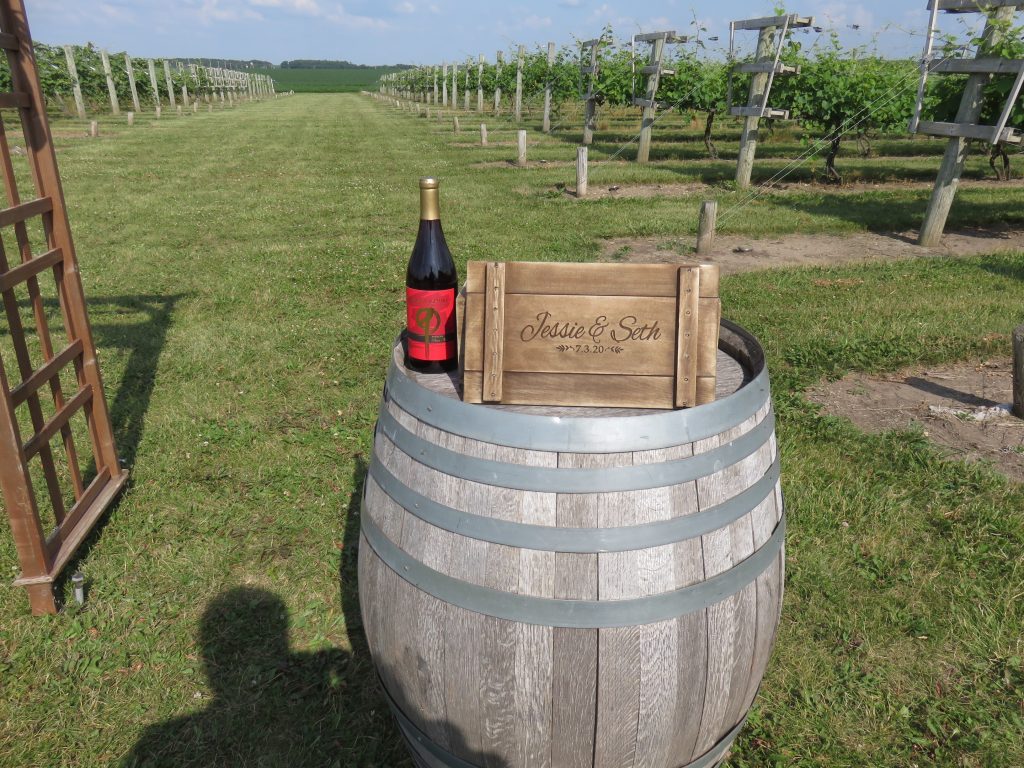The Impact of Changing Seasons
The impact of changing seasons on wedding plans is always significant. Indoors or outdoors? Pastels, autumn tones or holiday colors? Concerns with thunderstorms or blizzards? This year we have to add COVID-19 to the list of things impacting wedding planning.
Most obvious here in Minnesota is the shift from outdoor gatherings to indoor celebrations as the weather cools and the days shorten. While there is still much we don’t know about this virus, we do know that it is more easily transmitted indoors. So moving your ceremony and reception indoors is going to increase the risk of passing the virus among your guests.
The impact of changing seasons can also be seen on the news where stories of university parties sparking cases, outbreaks in schools, and even this week’s news of the first outbreaks among NFL teams are all part of this year’s fall experience. The common thread here is people gathering in new combinations, often in enclosed spaces. In wedding terms, this means increased risk when people travel for a wedding or gather with people they haven’t seen in awhile.
One final impact we’re seeing really doesn’t have to do with the season as much as the fact that we’ve been dealing with this pandemic for more than half a year now. People are getting tired of being careful, of covering their faces, of staying apart, of being isolated. This results in resistance to the safety precautions we’ve all been encouraged to take.
At recent weddings I’ve seen very, very few masks. I’ve seen people gathered closely together for ceremonies with chairs set right up against each other. I’ve seen lots of loving hugs and lots of celebratory shouts and whistles. All my recent wedding ceremonies have been outdoors, so hopefully the risk of spreading the virus is relatively low. But the impact of changing seasons means ceremonies and receptions are moving inside where the risk of these behaviors will escalate.
I can’t imagine the pain and guilt a couple would feel if their wedding became a superspreader event and some of their loved ones or even people they’ve never met became ill or worse. I encourage everyone planning a wedding in the coming months to carefully consider the risks of gatherings at this time. Decide how large (or small) a gathering is appropriate and safe. Evaluate associated activities like dancing for their risks. Consider a legal ceremony this winter, with a delayed, but hopefully larger and safer celebration later next year. The impacts of changing seasons will again be in our favor next year as we move into spring and summer. Those might be perfect months for your wedding, too.

